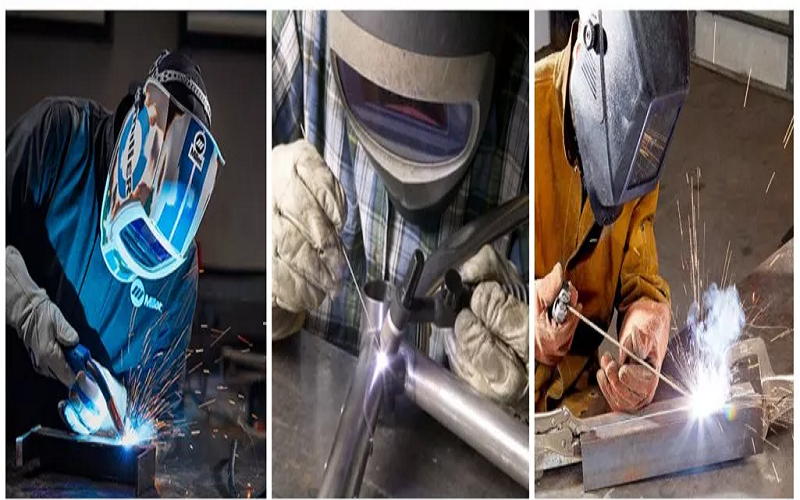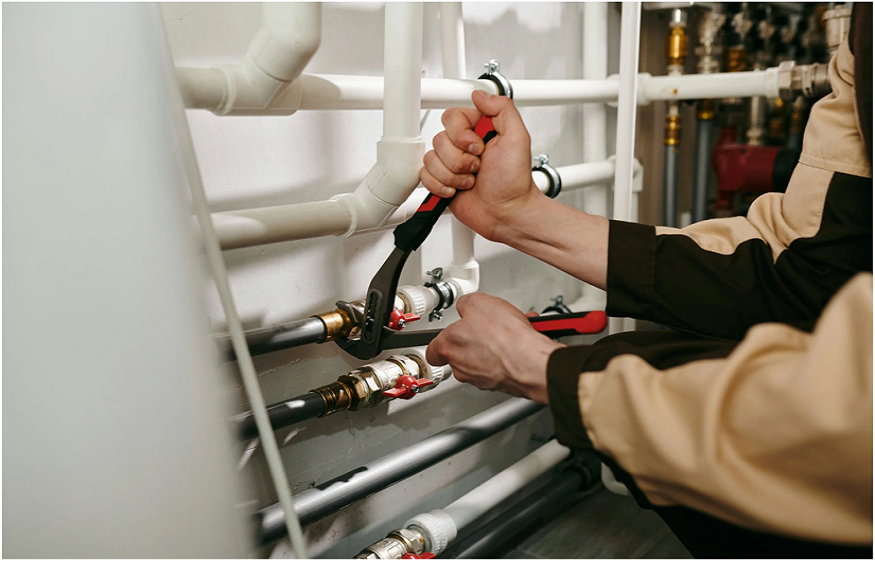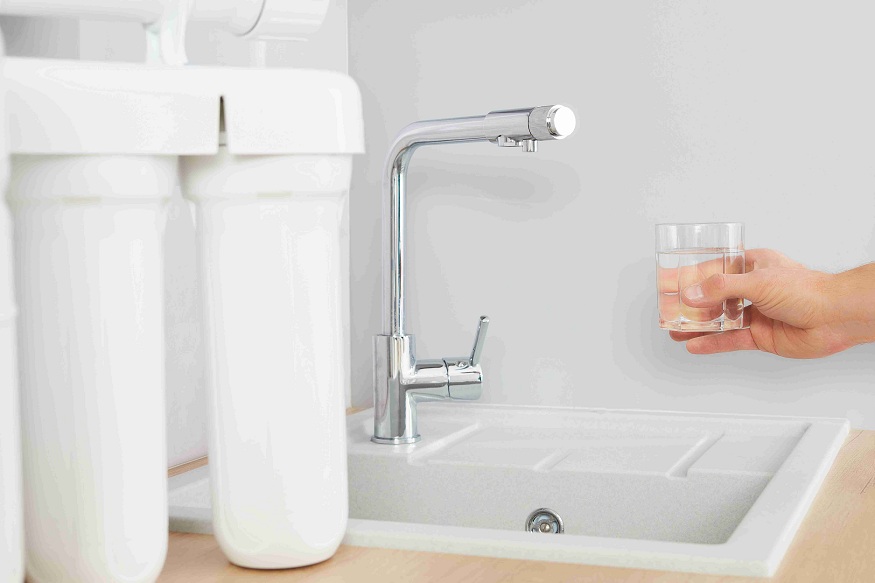The Different Adhesive Types and Their Uses
Depending on the type of project you are undertaking, you may require the use of an adhesive substance. Adhesives are commonly used within the building and construction industries as they are incredibly versatile and can be used for adhesion for many materials such as plastics, concrete and wood. This article will highlight four different types of adhesives and what they are most commonly used for so you can find the right one for your project.
Conductive adhesives
These adhesives are most commonly used within the automotive and medical industries and are primarily used for electronic equipment and applications where components need to be held in place to ensure an electrical current can be passed between the components. They are easy to apply and create a flexible, thin layer that is able to conduct electricity.
Silicone adhesives
Arguably the most commonly used adhesive in both industrial settings and for DIY projects around the home, many people will be familiar with silicone adhesive products. It’s incredibly versatile and can be applied to a wide range of materials, from wood to glass and can handle both hot and cool temperatures. Unlike some other adhesives, silicone needs to be able to cool down and ‘set’ in order to provide maximum stability and can take several hours to completely harden.
Epoxy
Epoxy adhesive substances are predominantly used within the industrial sectors. They are made up of a mixture of resin or epoxy polymer and once hardened they create a robust and permanent bond that is well equipped to withstand moisture and dirt. These products have the ability to stick to a wide range of materials and are perfectly suited for structural projects as an alternative to welding and rivets as a more cost-effective solution.
Thermal adhesives
Thermal adhesives are used for electronic components to ensure that they do not overheat by allowing heat to dissipate efficiently. The redistribution of heat when using thermal adhesives means that electrical components and applications can deliver optimum performance, reliability and longevity. There are many different types of thermally conductive adhesives, including films, pads, thermal glues and pastes. Thermal adhesives also come in a variety of conductive strengths based on their material and density, and the level of conductive particles can be altered to increase or decrease conductivity.
The above are just some of the different types of adhesives readily available for both commercial and personal use. Each comes with its own merits and strengths, so depending on the industry you work in or the project you are undertaking will determine which one is better suited to you. Take time to do your research and find out which one will offer you the best solution.



